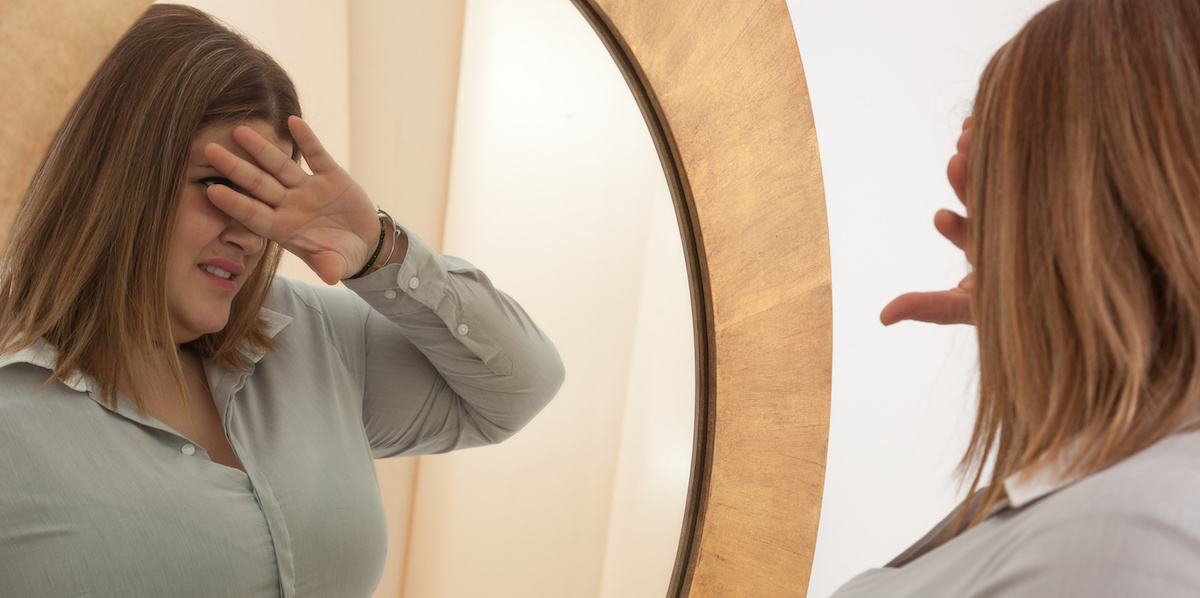
The following is excerpted from an online article posted by ScienceDaily.
Many parents ponder why one of their children seems more emotionally troubled than the others. A new study in the United Kingdom reveals a possible basis for those differences.
Adolescents who view their households as more unstructured, disorganized, or hectic than their siblings develop more mental health and behavioral problems in early adulthood, according to the study. The findings are published in Psychological Science, a journal of the Association for Psychological Science.
In research tracking thousands of twins born in the mid-1990s, Sophie von Stumm, a psychology professor at the University of York, found that teenagers who perceived their homes as more disorganized, unstructured, or fast-paced than their siblings suffered more anxiety and depression and engaged in more substance use and problem behavior.
von Stumm said she’s long been curious about why people who share an experience come away with vastly different perceptions and interpretations of what happened. For her study, she used data from 4,732 same-sex twin pairs from the Twins Early Development Study (TEDS), an ongoing examination of twins born in the mid-1990s in England and Wales.
At ages 9, 12, 14, and 16, the twins and their parents rated the level of routine, noise, and general confusion in the home.
“Some households are more chaotic than others: There’s always a TV or radio playing, different people come and go every day, and there are no routines, like regular bedtimes or mealtimes,” von Stumm explained.
In reviewing responses from the twins at age 16, she observed that siblings could have significantly different views about the atmosphere in their home. One sibling might view the household as far more noisy and fast-paced than the other.
“You’d think the siblings grew up in different families,” von Stumm said. “That’s how subjective their perceptions are.”
At age 23, the twins completed a questionnaire designed to measure their educational attainment, employment status, income, substance use, sexual risk-taking, conflicts with the law, mental health, and behavioral tendencies. Those who had, at age 16, reported experiencing greater household chaos than their twin siblings scored higher on depression, anxiety, antisocial behavior, and other mental health problems. The results were consistent across both identical and fraternal twin pairs.
Source: ScienceDaily
https://www.sciencedaily.com/releases/2024/05/240508135344.htm

 What’s Hot? 07/18/25
What’s Hot? 07/18/25  A Staggering Proportion of Teens Say Talking to AI Is Better Than Real-Life Friends
A Staggering Proportion of Teens Say Talking to AI Is Better Than Real-Life Friends  Study Shows How Body Image Bullying Affects Teenage Girls’ Brains
Study Shows How Body Image Bullying Affects Teenage Girls’ Brains